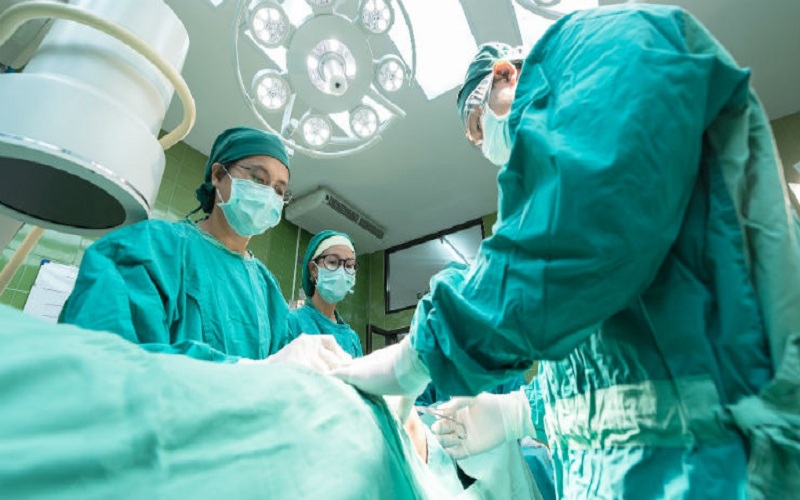Let’s take a walk down memory lane. Remember when we used to stroll into a crowded hospital without the faintest inkling of dread? Then the world changed. The Covid-19 pandemic stormed in and transformed everything, even the seemingly invincible field of orthopedic surgery was not spared. The impact was evident, more so in the work of renowned professionals like Marque A. Allen DPM, FACFAS. This stalwart of orthopedics faced unprecedented challenges. But that’s a story for another day. Today, we delve into the pandemic’s effect on orthopedic surgery as a whole. Get ready to have your perspective altered.
The Pandemic’s Effect on Orthopedic Surgery
Imagine the scenario – packed hospitals, scarce resources, and a flood of critically ill patients. Now, try to imagine an orthopedic surgery in this mayhem. It’s a challenging visual, isn’t it? Resources were diverted, surgeries postponed, and orthopedic departments had to adapt — fast.
Delayed Surgeries
As Covid-19 cases rose, elective surgeries like joint replacements were pushed to the back burner. The once bustling orthopedic wards became ghost towns. These delays weren’t just inconvenient, they were painful. Patients were forced to wait in discomfort, their quality of life diminishing with each passing day.
Virtual Consultations
In a world where face-to-face interactions became a risk, virtual consultations became the norm. Telemedicine surged in popularity as it provided a safer alternative. Orthopedic patients could now consult with their surgeons from the comfort of their homes. However, the absence of physical examinations posed a new set of challenges.
Changes in Orthopedic Practice
Orthopedic surgeons had to become jacks of all trades. They pitched in wherever they were needed. Some even worked in Covid-19 wards, trading their bone saws for stethoscopes. Everything was done for the greater good, but one can’t help but wonder how these changes will shape the future of orthopedic surgery.
Looking to the Future
The pandemic has left an indelible mark on orthopedic surgery. Like a bone once broken, it will heal but the fracture line will always be visible. There’s hope though. Hope that these changes will inspire innovations. Hope that our resilience will guide us through. After all, we’re all just walking each other home.

